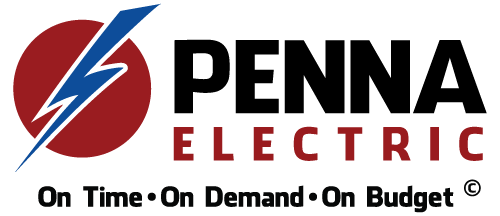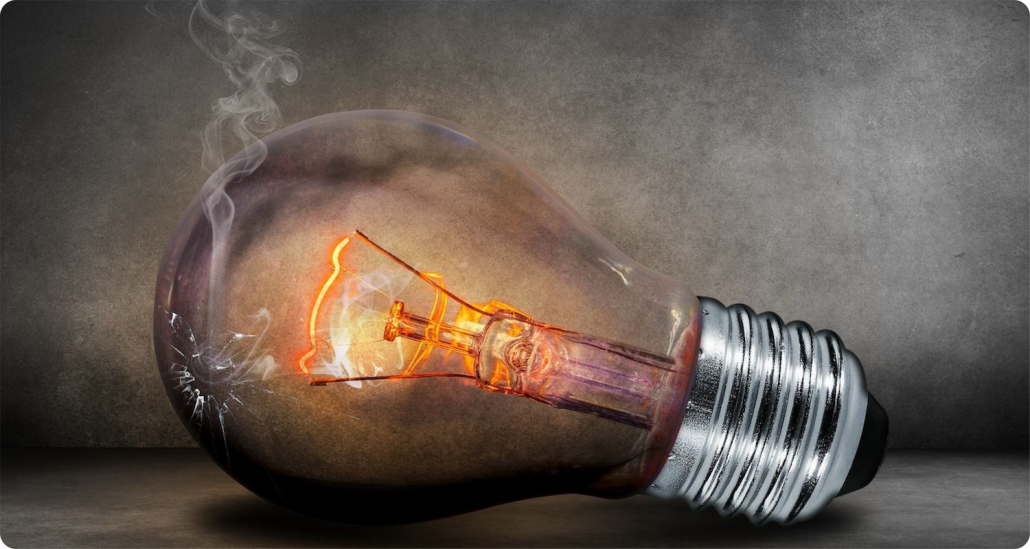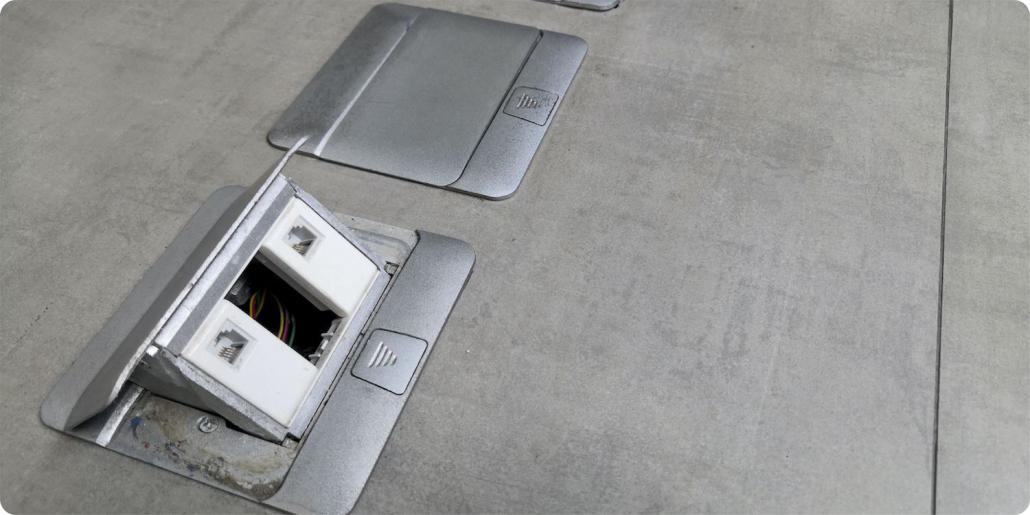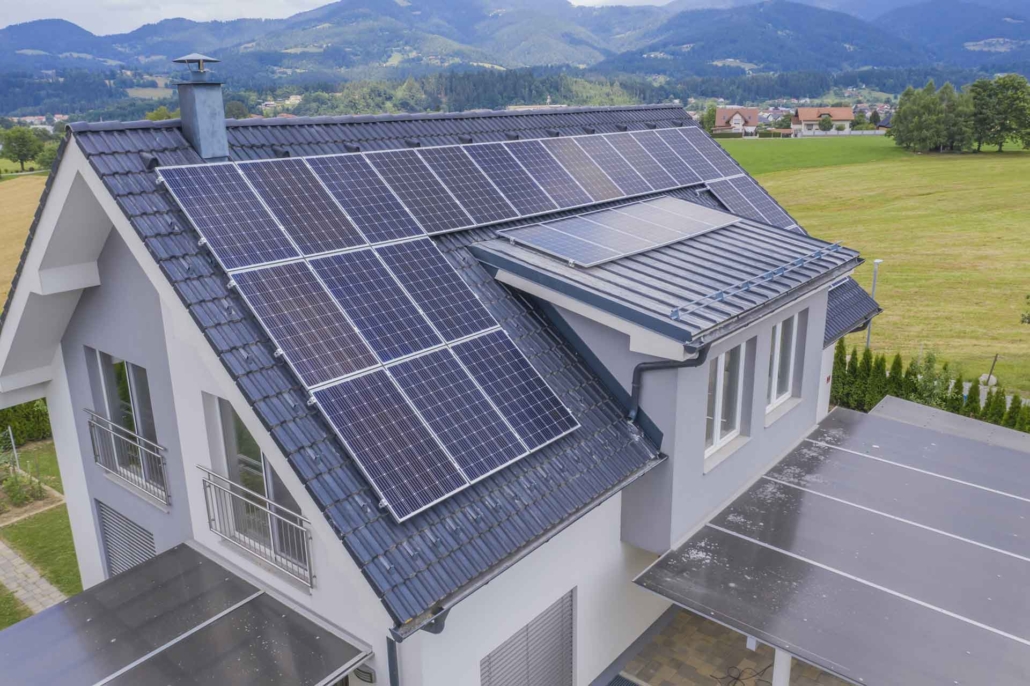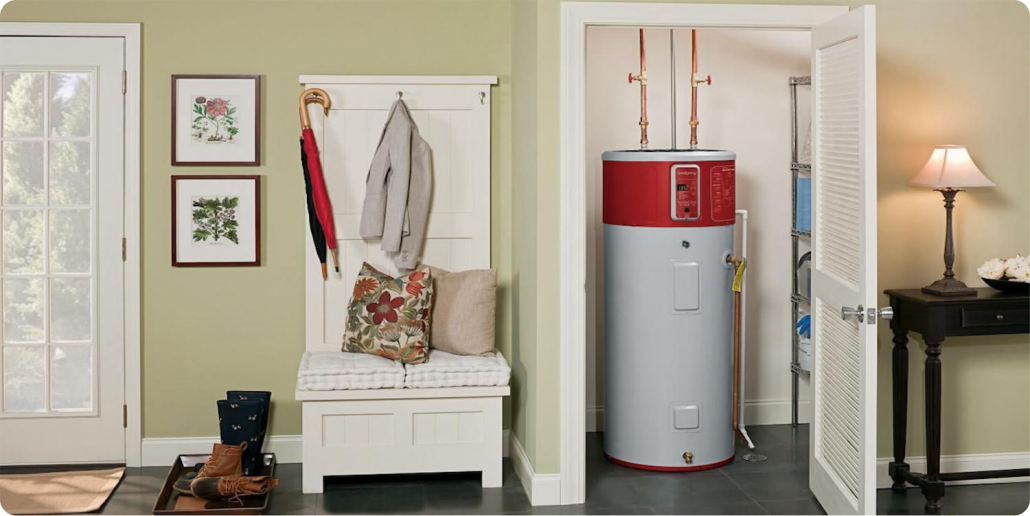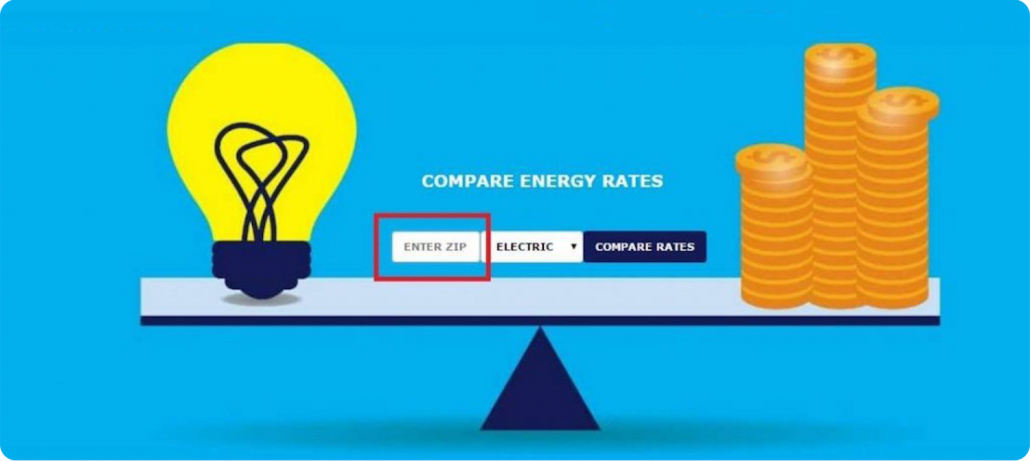May 24, 2021 | Cristina Dinulescu
Not many homeowners think about their water heater on a regular basis. Even though it’s an integral part of any house, it’s the type of thing you don’t really consider until something goes wrong and it stops working. Water heaters typically have a large lifespan, anywhere between 8 and 15 years, but even so, you’ll still probably have to replace it at least once. Whether that’s the case or your home is a new construction, the question of gas vs electric water heater will definitely come up.
Gas and electricity are the two basic fuel types for standard water heaters. As you can imagine, there are pros and cons for each and you should consider all aspects before making a decision. Below, you’ll be able to read about the main differences, which will help you make an informed decision.
Many times, the decision boils down to the type of power you already have in the house. Many homeowners just go with whatever the house has been fitted with. However, more and more homes now have access to both electricity and gas. Both types of water heaters are rated by the amount of fuel they use per hour, a measurement that’s called “input”. Electrical input is measured in watts, while the gas one is measured in BTUs. In both cases, the higher the input, the faster the appliance will heat the water.
Gas vs Electric Water Heater: Pros & Cons
Electric Water Heater | Gas Water Heater | |
| PROs |
|
|
| CONs |
|
|
Factors That Impact The Choice of Water Heater
As you can see above, the question of gas vs electric water heater is not that simple to answer, as they both have pros and cons. However, your decision shouldn’t be based solely on the list of benefits versus potential issues. There are other factors to take into account when choosing your home’s water heater.
1. Size
Both types of water heaters come in multiple sizes that range anywhere between 20 and 100 gallons. The larger the tank, the more water it will hold. However, electric water heaters can also be installed at point of origin, which means the water heater is smaller but it’s installed directly at a faucet. This provides hot water on demand.
Another consideration when it comes to size is the space that the water heater takes up. Whether you install it in the utility room or your basement, you might not want to give up too much space. In this case, an electric water heater is a better option, as it takes less space. Gas heaters will take up more space because they need to vent. Not only that, but the options for placement are more limited, since they have pipes that need to go out of your house.
2. Hot Water Availability
Since most homes have both electricity and gas lines, hot water availability is not a very big issue for any of the models. The only difference is that you can use a gas heater during a power outage, but not an electric one. On the same note, if there is a disruption in the gas line, you won’t have hot water with a gas heater, but you’ll still have it with an electric one.
The important consideration here is the FHR, or first hour rating. This is a measurement of how much hot water your tank can provide in the first hour of use. A higher FHR means hot water will be available faster, so that’s one thing to look for and take into account when making your decision.
3. Energy-Efficiency
Energy-efficiency should not be confused with the cost of running the appliance. From the pros and cons table, you can see that gas water heaters are cheaper to run, but that’s only because the cost of natural gas is lower than the cost of electricity. In fact, electric water heaters are more efficient than gas models.
The reason why gas heaters are not so energy-efficient is their operating process. As mentioned above, they have to vent spent gas and this takes some of the heat away. An electric heater uses almost all the energy it receives heating up the water, so there is very little waste.
4. Installation
The installation process of a water heater is pretty straightforward and you should also have a licensed professional perform the work. You can replace a gas heater with either another gas model or an electric one. In order to install an electric heater, it needs to be plumbed and grounded.
An electric heater it’s typically replaced with the same because there’s quite a difficulty in switching from electric to gas. A gas heater installation requires not only that the tank is plumbed, but you’ll also need to run a gas line to the location. Then, a vent needs to be created, which oftentimes means drilling into the side of the house. This will take longer and cost you more money.
Cost of Gas vs Electric Water Heater
Speaking of money, another important consideration when choosing your water heater is obviously cost. There’s no straight answer here, as electric heaters are cheaper to purchase, but cost more to run, whereas gas heaters are more expensive up front, but more affordable to use.
Installation, as mentioned above, is also something to take into account, as electric heaters have fewer parts and are easier, and therefore cheaper, to install. All in all, the cost of owning and running a gas or an electric water heater will depend on a series of factors, such as the model you choose, how much hot water you need, the size of your home, as well as the price of gas or electricity in your area.
The right electrical upgrade can dramatically improve the value and appearance of any home or business. You’ll be amazed at what a difference the right electrical upgrade can make for your home or business. Make sure that when you select an electrical company to do the enhancement of your home and you have decided to take your enhancement to the level where you require an electrical upgrade that the technician at the company has a good working knowledge and the experience to properly guide you in this area.
When you decide to upgrade, our well-trained and certified electricians have all the experience and training needed to complete your electrical panel upgrade project from start to finish, with a minimum of fuss or disturbance. Please contact us right away at 310-800-2401
